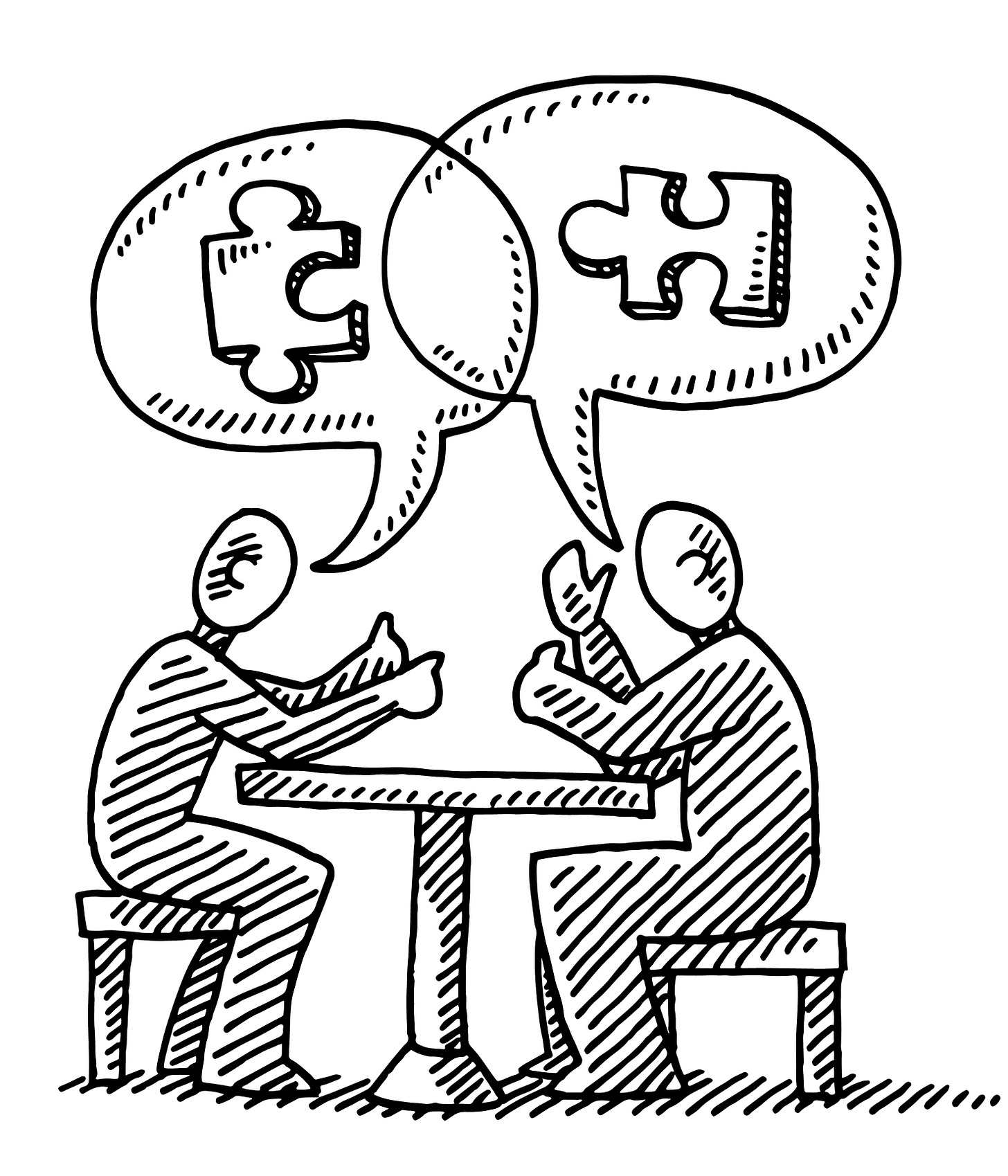Paraphrasing
To have effective, mutually satisfying relationships, we need to hone our interaction skills. A key skill is paraphrasing. This is not about repeating the words you heard. When you do that you are parrot-phrasing which usually begins with “What you said was...” followed by verbatim repetition. That’s a recorder, a repeater, not a paraphraser.
A paraphraser is adept at capturing the essence of what someone says — and to do so in their own words.
Good paraphrasing has two elements:
Use your own words to state what you heard
Ask if you got it right or left anything out
Using your own words does a few things:
Indicates respect for other person because you cared enough to consider the meaning of their words and then articulate them in your words.
Creates the opportunity to compare one another’s perspective on the world. This is a wonderful way to seek overlap or identify gaps to bridge.
Asks if you heard it as it was intended.
A good paraphrase goes like this: “What I heard you say was… insert your own words…Is that right?”
Good paraphrasing avoids the “No, what I said was…” which can quickly degenerate into “You’re not listening to me!”.
Here’s how to challenge your paraphrasing skills: Listen to a radio or TV station that you really dislike, one that irritates or angers you. After about 2-3 minutes (literally), paraphrase what you’ve heard. If you find you’re accurately capturing the message, with no judgmental tone or words, then you are on track. However, if you find that while listening, you’re making mental arguments, or your mind is going to other points, then take a break and try this again. The key is to get what’s being said without adding your personal intonations or concepts.
When you can paraphrase something that irritates you, then you’ve mastered the spirit of paraphrasing.
Here’s a tip: When you are in a meeting and you see two people getting muddled, try stepping in and paraphrasing each of them in turn. This helps each person find a clearer understanding of what was going on between them, and because you’re doing the paraphrasing, their emotions are calmer, and they can hear better.
Paraphrase when:
There is disagreement between people
Not sure what was said/meant, especially if/when you perceive a discount
Want to be sure you both understand before proceeding
Before a decision to insure shared understanding
Don’t know what else to say or where to go from here
Infuse this technique into your verbal repertoire. Practice it. Make it part of your interaction style. This is a biggie. It will change your relationships, at work and at home.




Great information in a quick, easy to read format. Very helpful. Thank you